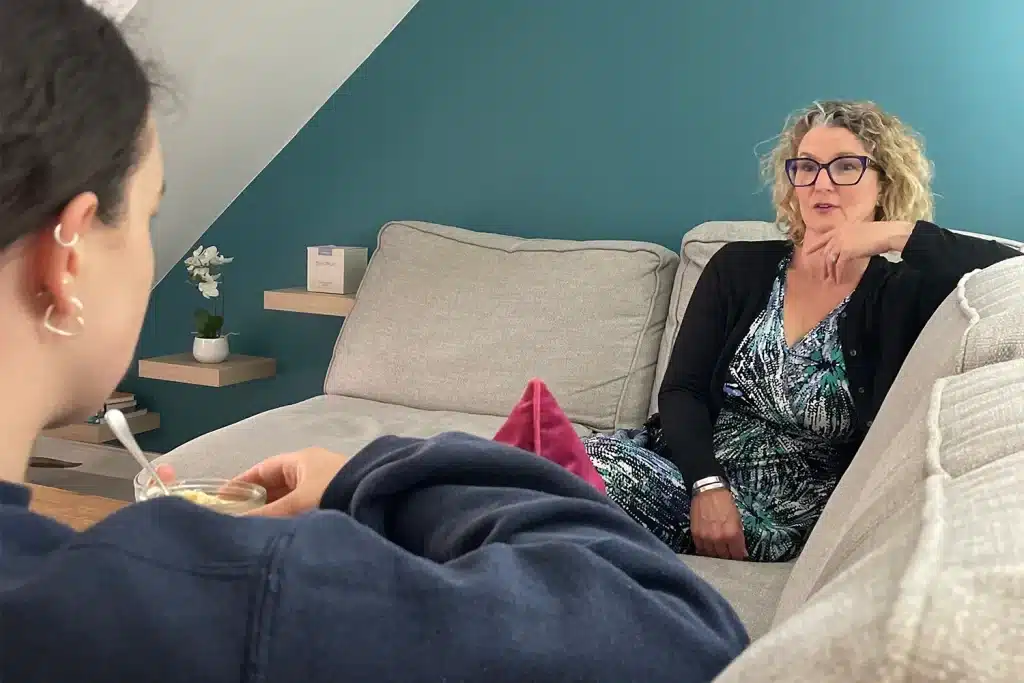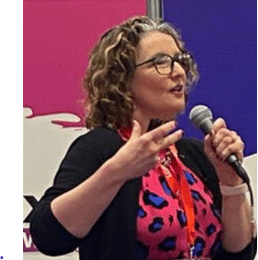The more frustrated I got, the further down I felt I was being pushed. I thought I was the only one experiencing this… or so I felt. Then, during a disciplinary meeting, someone disclosed they were dyslexic and felt unsupported. Damn right, I thought. Maybe I should point out that I worked in HR, so support is something I should be very aware of, which I am. But I didn’t know this individual was dyslexic—dyslexic like me!
Why hadn’t they shared this with me before? If they had, I could have helped, put different support in place. But I wasn’t aware of their struggles until things had escalated to formal procedures. Most of the issues we were addressing were related to time management, organisation, and accuracy of work. Yes, dyslexia is not just about reading and writing—one day, people will realise this.
A wave of “what the fingers” came over me (that is not a spell error, I didn’t want to swear). This person was struggling in silence, just like I was. The only difference was we were in different roles, and my frustrations hadn’t been formally picked up yet. Maybe it was because of the strategies I had in place, or maybe because I had shared my dyslexia with my boss and later with one of my team members. Yes, I was a manager, managing staff—shock horror for some people! I’ve had comments questioning my ability to be a manager solely based on the fact that I am beautifully dyslexic.
Reflecting on this meeting later while out walking (my thinking playground), I realised I am a reflective thinker with a reflective processing style. Anyway, back to the walk. I was thinking about how this person also struggled in silence, like me. I came up with various ideas to support this member of staff—it was so much easier to problem-solve for others than for myself. As my mind came to life with these ideas, I felt a gut drive to help this person. I wanted them to feel supported, to enjoy their job again. I wanted them to know they were not alone. I wanted them to know I had heard them.
Then it hit me: If you want someone to not feel alone, and to feel heard, you have to listen, I am really listening to them. You need to stand by their side, and let them know you understand and hear them. Was I really thinking this? To bare my innermost personal things to everyone at work? The thing I thought made me weak? This was how I used to see my dyslexia, as a weakness. It was not until I researched and learned what dyslexia truly was, I realised it, it was a wonderful way of thinking and it was different to others. Yes, I felt it was time to let others know they were not alone. If you want change to happen, sometimes you have to be the change. Sometimes you have to go first, to pave the path so others can join or follow.
So, I became the change. I was open and honest about my dyslexia, celebrating its wonderful strengths and skills from problem-solving, empathy, determination, resilience, seeing things differently, and creating strategies that work for my marvellous mind. As I embraced the change, my inner world transformed. I decided to lead with love in all I did, and this brought me more internal love. Helping and supporting others became the fuel to my soul, bringing me a happiness I had never experienced before.
Then, another change happened. It was time for this little bird to take her next flight and change careers. Yes, you guessed it—I made this decision while out in the fields by my house, where I talk to cows, listen to birds, and take in spectacular views. I decided to focus on what I loved most: helping, supporting, encouraging, growing, developing, and coaching people. Coaching became my new route, but something was missing. My gut told me there was more to this.
As I tripped on a tree root and stumbled forward into its rough trunk, I felt the texture and unique pattern under my fingertips. I realised the missing piece was my dynamic, delightful, dyslexic brain. All my work needed to be linked to neurodivergent people like me. I took my learning and experiences and started coaching neurodivergent individuals. Fast forward a year, and I was loving it. But, like trees grow new roots, I was growing new ideas.
Clients kept sharing their struggles in the workplace—not because of people or workplaces, but due to a lack of understanding and awareness. That line rang in my head again: “If you want something to change, sometimes you have to be the change.” Thus, the second root of my business grew—working with companies to help them understand neurodiversity, support employees, and realise the benefits of this support not only on the employees but the business benefits as well.
My creativity is now firing on all cylinders. Later this year, I’ll launch my first children’s book, focused on helping neurodivergent parents interact and read to their children at bedtime, using the strengths of their conditions. It will strengthen the creative minds of children and bring a new meaning to bedtimes. Watch this space! Of course, neurotypical people can use the book too.
So, my message to you is this: Take some time to reflect, to listen to your inner voice—not the negative one, but the one that says, “I know there is more to me.” Explore it, take it on a walk or two! Let it be heard by you, then make an informed decision on what to do with that voice. Maybe you want to make a change, maybe you don’t. Remember, not all changes have to be massive. Some changes start small and grow. Listen to yourself. You are the only one who can hear that inner voice, and it deserves to be heard. You deserve to be heard.
Do you want to be heard by someone who gets it, and speak in a safe, judgement-free space? If so, get in touch. I am here, ready to listen with an open heart and mind.



